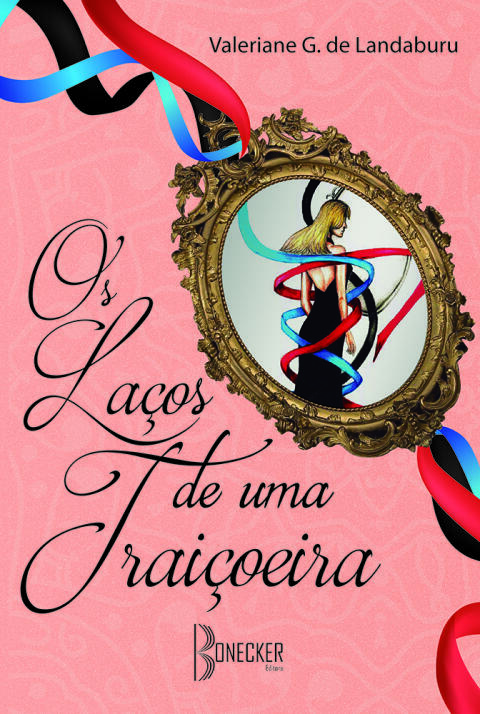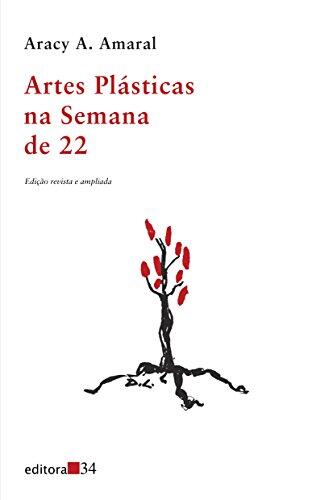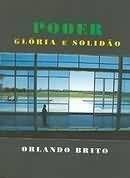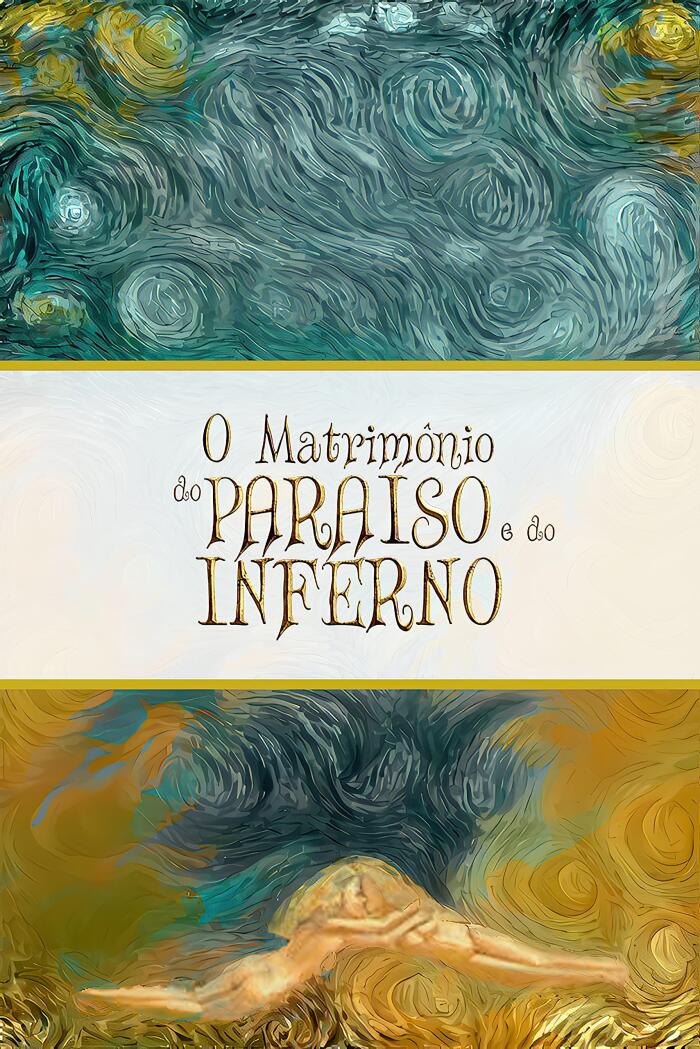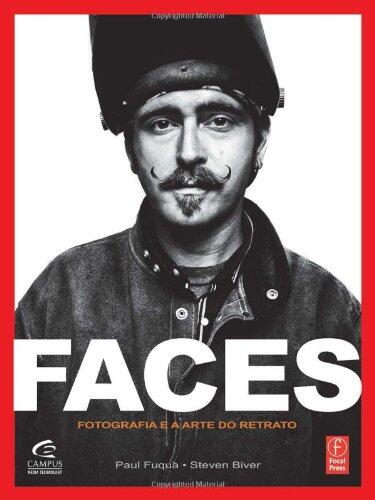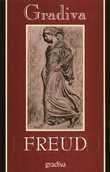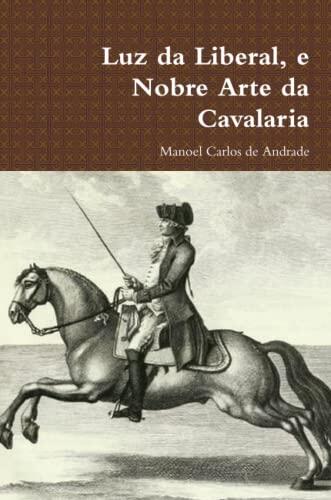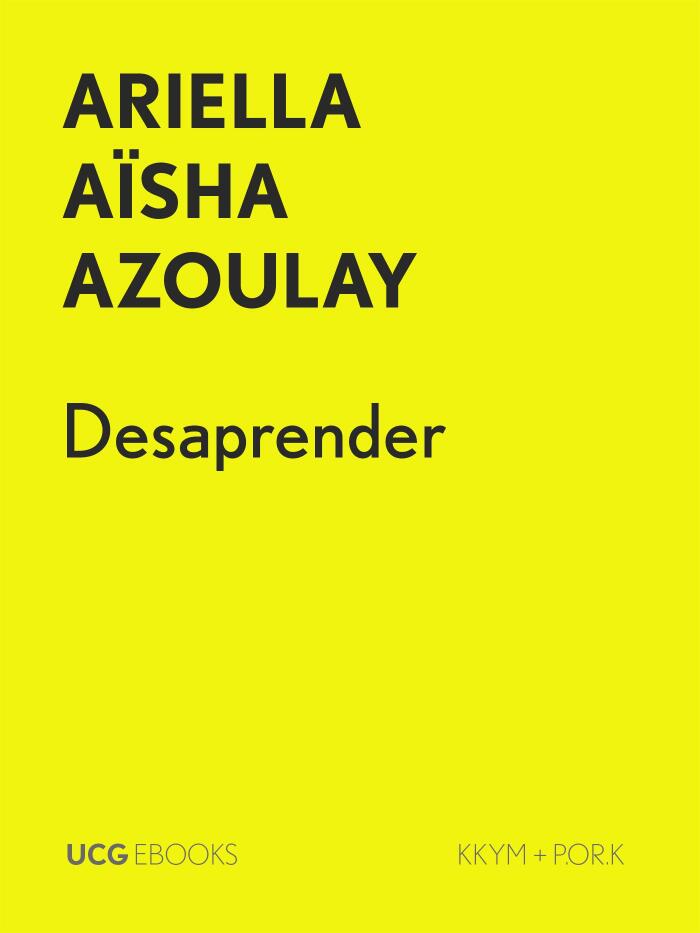
Desaprender: Entrevista por Filipa Lowndes Vicente
まだ評価がありません
Art & Photography
形式
キンドル
ページ数
19
言語
ポルトガル語
公開されました
Jan 4, 2021
出版社
KKYM + P.OR.K
ISBN-10
9895466056
ISBN-13
9789895466054
説明
Ariella Aïsha Azoulay reflects on her remarkable career, beginning in Israel, and delves into the nuances of her artistic journey. Through a candid conversation facilitated by Filipa Lowndes Vicente, the discussion unravels the complexities surrounding issues of identity, culture, and memory. Azoulay uses her platform to challenge conventional narratives, urging readers to reconsider their perceptions of history and art.
As the interview unfolds, various contributors, including João Francisco Figueira and Vitor Silva, share their insights, enriching the dialogue about Azoulay's impacts and influence. Each participant brings their perspective, creating a multifaceted view of the themes that define her work. The exploration reveals how Azoulay's experiences shape her vision and approach, ultimately encouraging a deeper understanding of the interconnectedness of art and social justice.
The text not only serves as a retrospective but also illuminates the transformative power of art in grappling with difficult histories. It invites readers to engage with challenging ideas and to question the narratives they have inherited. This thoughtful engagement with Azoulay's perspectives serves as a critical commentary on current societal challenges, making it a compelling read for those interested in contemporary art and cultural discourse.
As the interview unfolds, various contributors, including João Francisco Figueira and Vitor Silva, share their insights, enriching the dialogue about Azoulay's impacts and influence. Each participant brings their perspective, creating a multifaceted view of the themes that define her work. The exploration reveals how Azoulay's experiences shape her vision and approach, ultimately encouraging a deeper understanding of the interconnectedness of art and social justice.
The text not only serves as a retrospective but also illuminates the transformative power of art in grappling with difficult histories. It invites readers to engage with challenging ideas and to question the narratives they have inherited. This thoughtful engagement with Azoulay's perspectives serves as a critical commentary on current societal challenges, making it a compelling read for those interested in contemporary art and cultural discourse.

